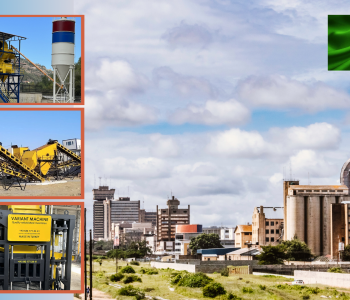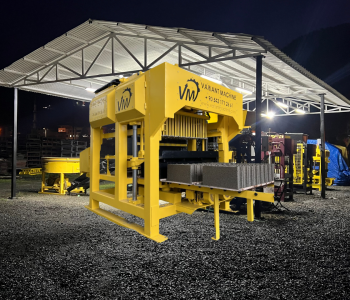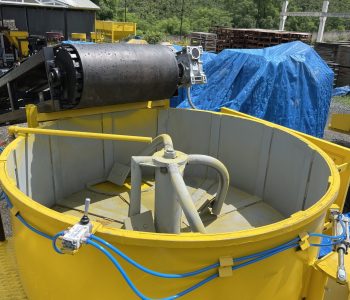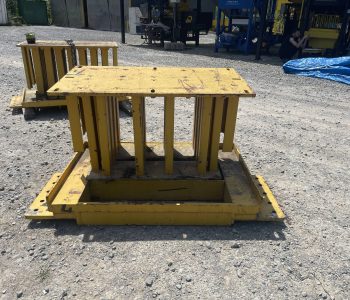Discover Abuja: The Heart of Nigeria’s Development
Abuja, the capital city of Nigeria, stands as a symbol of the nation’s ambition and progress. Located in the central region of the country, Abuja was officially designated the capital in 1991, taking over from Lagos. This strategic central location was chosen to promote balanced development across Nigeria’s diverse regions.
A Brief History of Abuja
Before Abuja became the capital, Nigeria’s political and economic activities were predominantly centered in Lagos, the country’s largest city. The decision to move the capital was driven by the need for a more centrally located administrative center that would foster national unity and alleviate congestion in Lagos. Abuja was selected due to its central position, relatively low population density, and favorable climate. The city’s master plan was developed by the International Planning Associates, and since its establishment, Abuja has rapidly evolved into a modern metropolis.
Recent News: Construction Boom in Abuja
Abuja has witnessed a significant surge in construction activity in recent years. The city’s skyline is continually changing as new infrastructure projects transform its urban landscape. Notable developments include the expansion of road networks, the construction of new residential and commercial buildings, and major public works aimed at enhancing the city’s functionality and aesthetics.
One of the prominent projects includes the Abuja Light Rail, designed to ease traffic congestion and provide a reliable public transportation option. Additionally, numerous high-rise buildings and modern residential complexes are emerging to accommodate the growing population and meet the demand for urban living spaces.
The Construction Sector in Abuja
The construction sector in Abuja is a critical driver of economic growth and urban development. As the city continues to expand, the demand for construction services and materials has surged. This growth is supported by both public and private investments aimed at modernizing infrastructure and improving the quality of life for residents.
Key areas of focus in Abuja’s construction sector include:
- Infrastructure Development: Projects such as road expansions, bridges, and public transport systems are central to enhancing connectivity and urban mobility.
- Residential and Commercial Buildings: The development of modern housing and commercial spaces caters to the city’s growing population and evolving economic activities.
- Public Facilities: Investment in schools, hospitals, and recreational facilities is essential for supporting the needs of the city’s residents.
Essential Construction Machinery in Abuja
To support the booming construction sector, various types of machinery play a crucial role. Here are some of the most effective construction machines used in Abuja:
- Concrete Block Machines: These machines are essential for producing high-quality concrete blocks used in building construction. They are available in various types, including automatic and semi-automatic models, catering to different production needs.
- Concrete Batching Plants:
- Stationary Batching Plants: Ideal for large-scale projects, these plants offer high capacity and are designed for consistent and efficient concrete production.
- Mobile Batching Plants: Perfect for projects that require flexibility and mobility, these plants can be easily transported and set up on-site, offering convenience and efficiency.
- Crushers:
- Mobile Crushers: These are used for crushing rock and concrete materials on-site, reducing the need for transportation and enabling efficient recycling of construction waste.
- Stationary Crushers: Typically used in larger, more permanent setups, stationary crushers are essential for processing large volumes of material and supporting extensive construction operations.
Conclusion
Abuja’s rise as Nigeria’s capital city has been marked by rapid development and modernization. The construction sector plays a vital role in this transformation, driven by both ambitious public projects and private investments. The deployment of advanced construction machinery, including concrete block machines, batching plants, and crushers, supports the city’s growth and ensures the efficiency and quality of its infrastructure projects. As Abuja continues to evolve, its construction industry will remain a cornerstone of its progress and prosperity.



